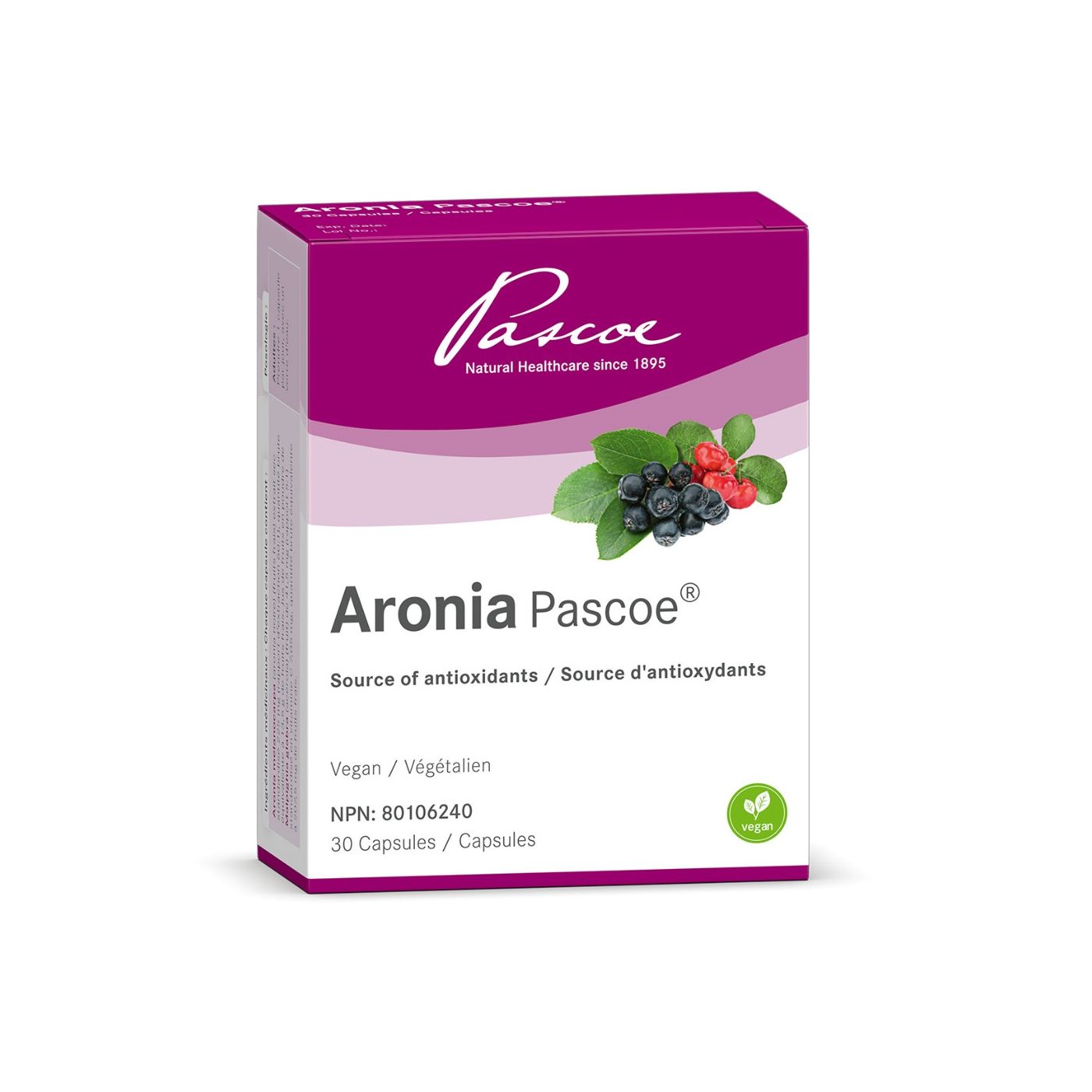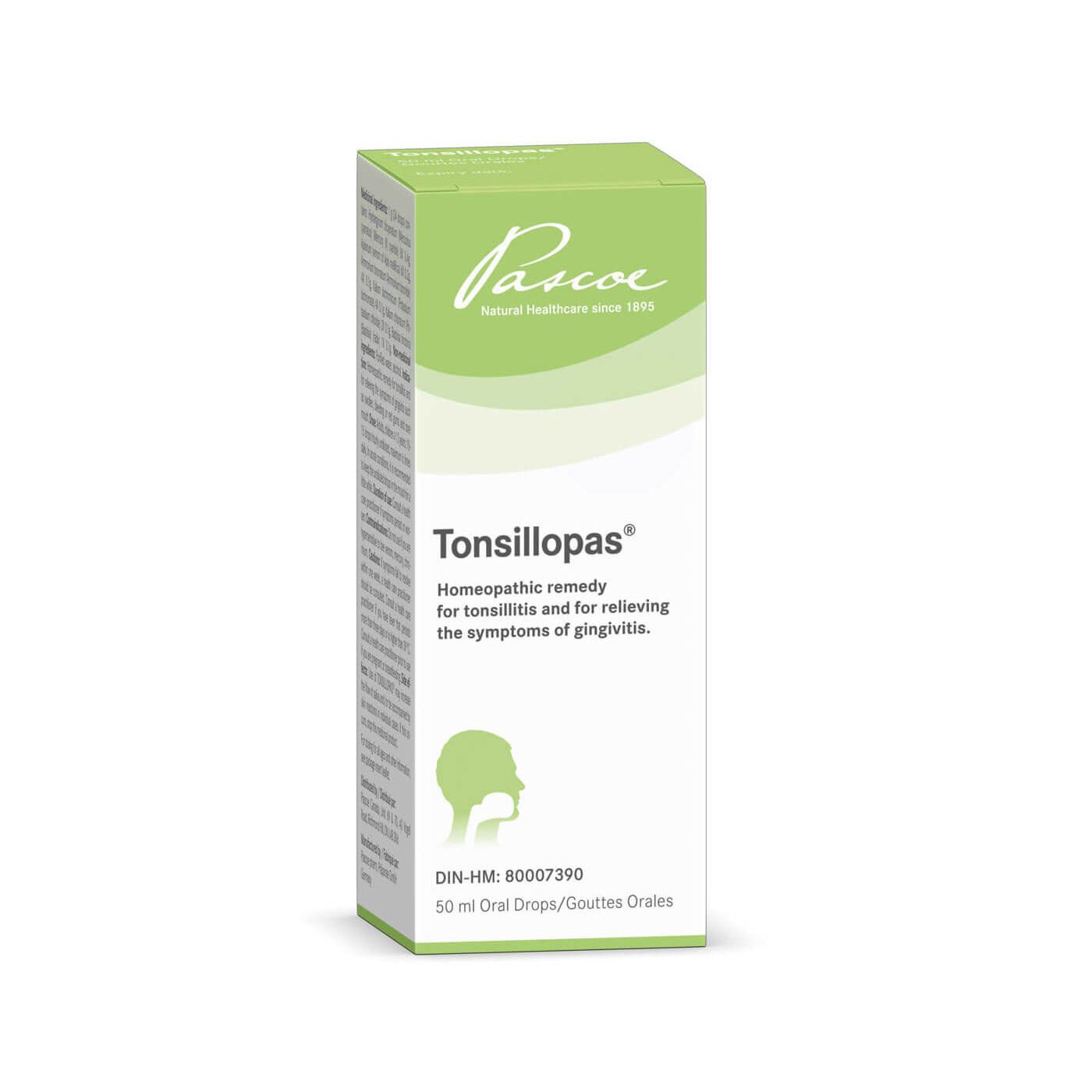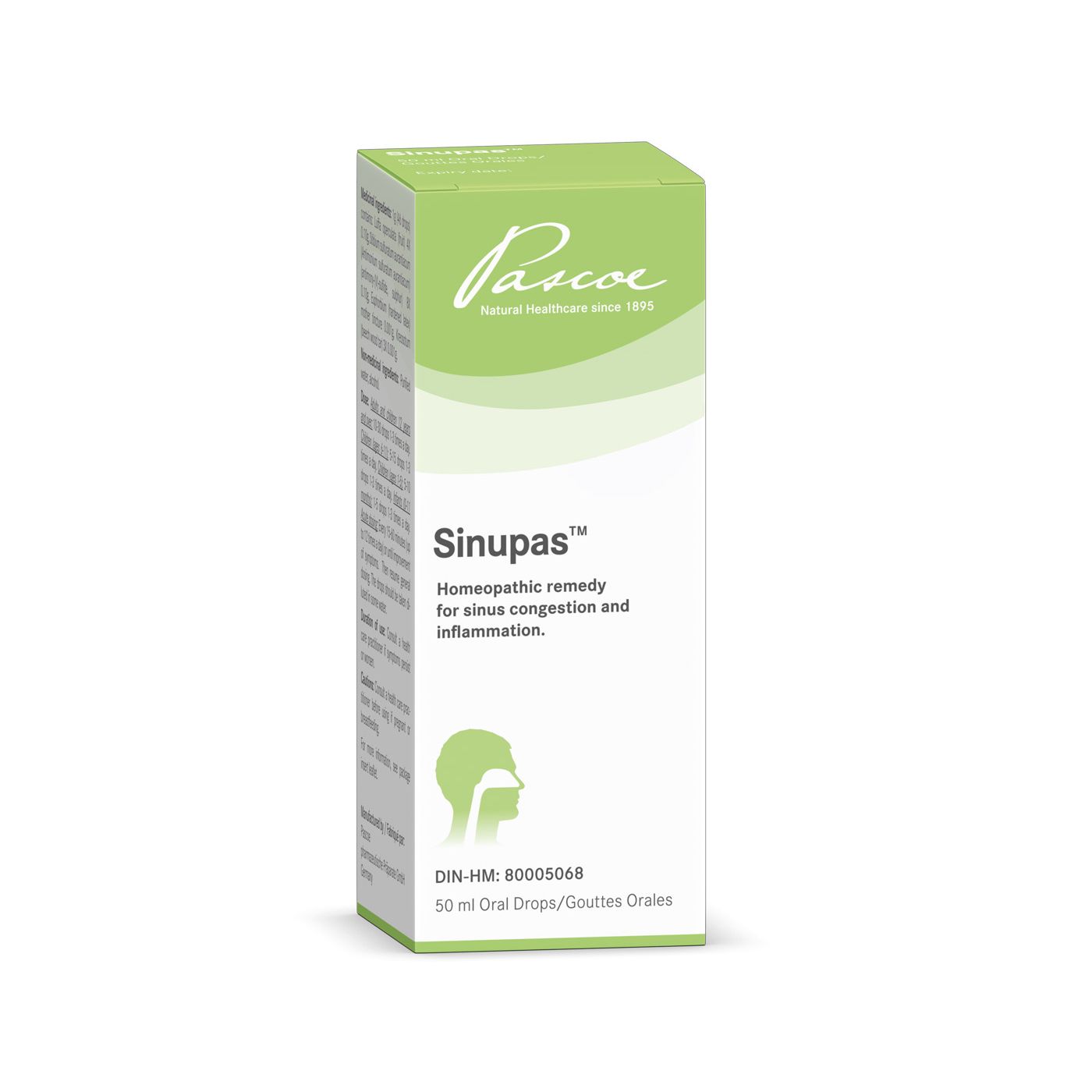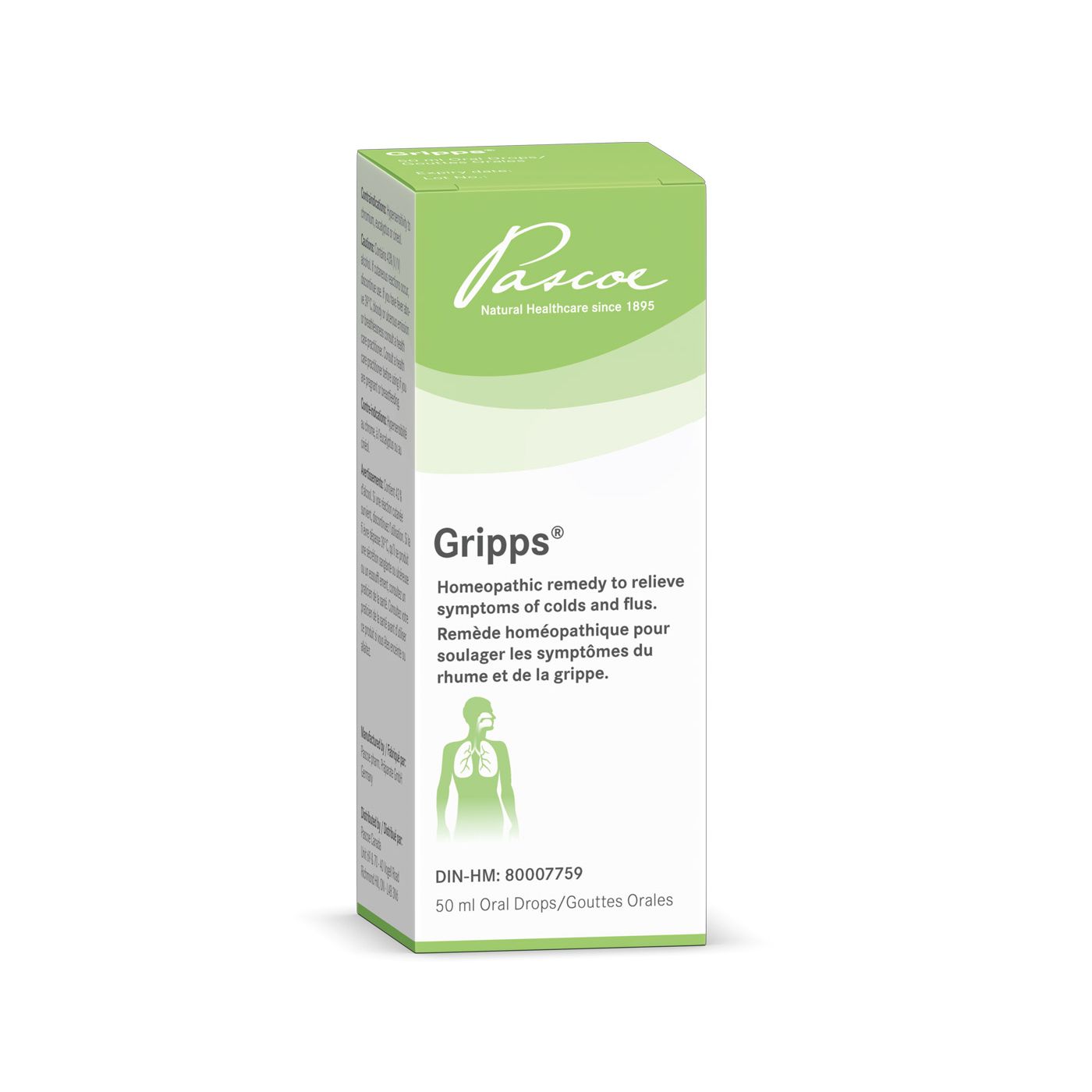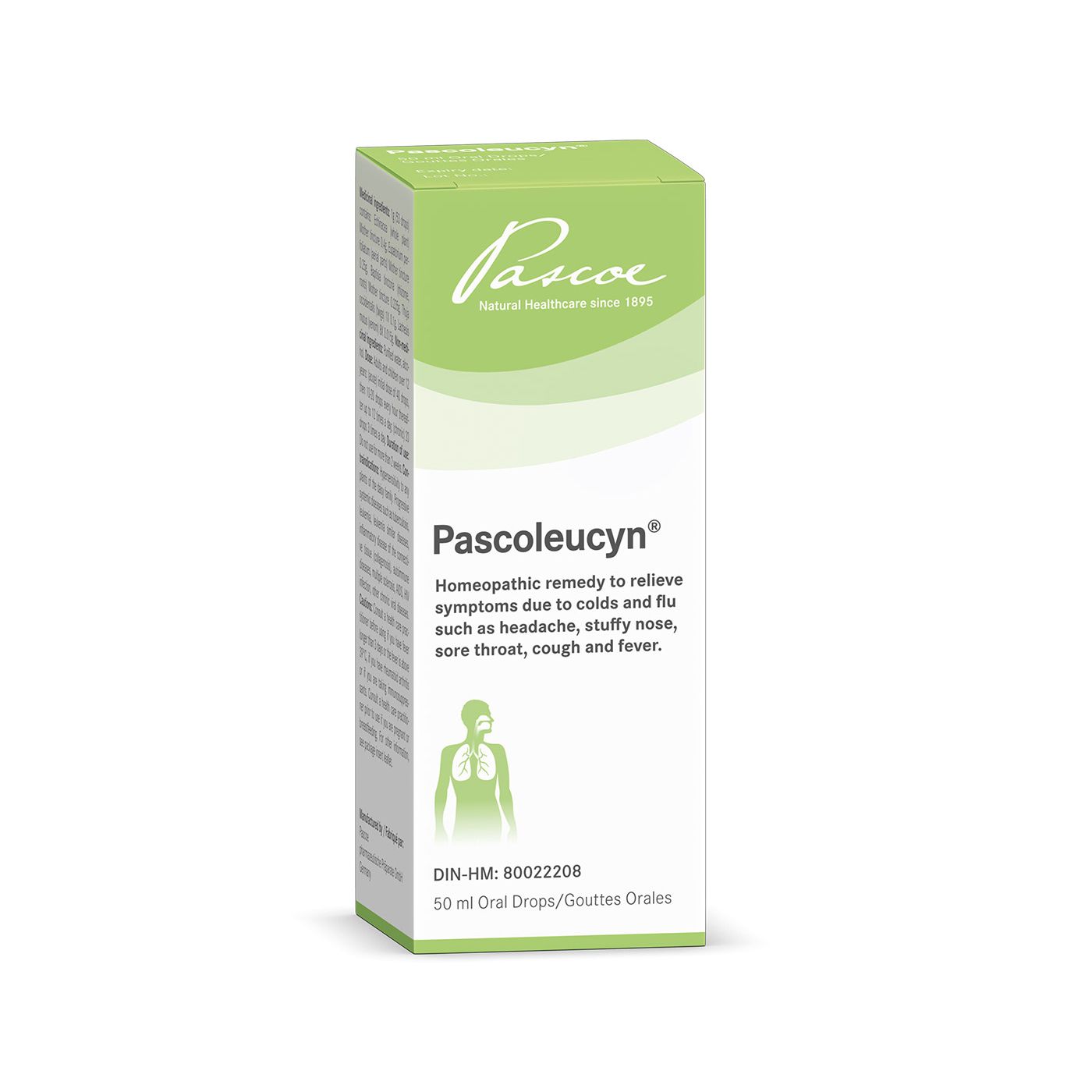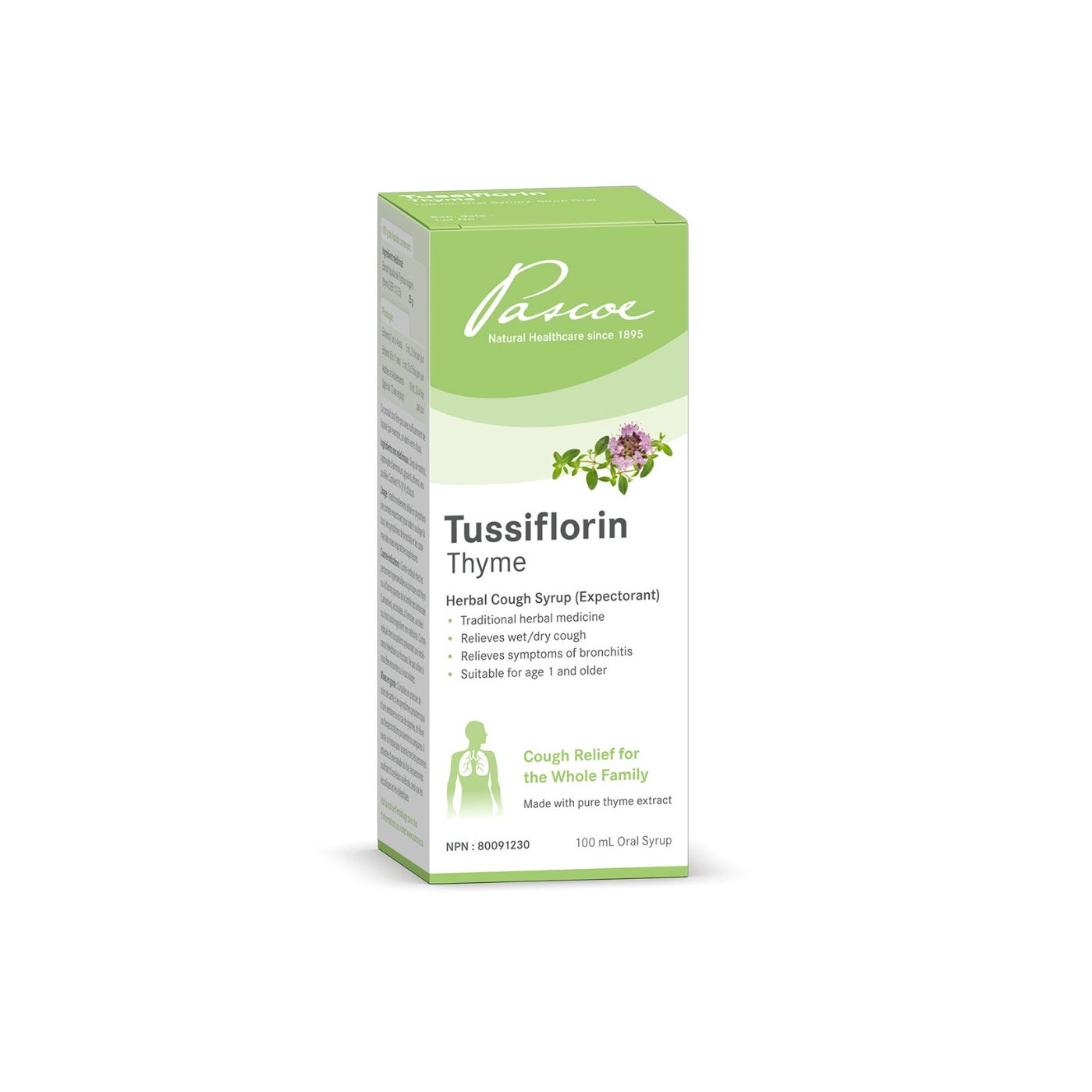

Colds and flu are both forms of viral infections. They differ in the type of virus that causes them. Also, the way that the virus impacts our bodies and causes symptoms is different.
Colds are specifically viral upper respiratory infections. There are many viruses that can cause the common cold, with the rhinovirus being one of the most common.
This viral infection affects various parts of the respiratory tract including the nose, ears, eyes, throat, and sinuses. It causes inflammation that results in a sinus infection, also known as sinusitis, and that goes along with a runny or stuffy nose, sneezing, or a cough.
Influenza or the flu is a specific kind of viral infection that also causes a respiratory tract infection. However, it is caused by influenza viruses only.
The flu is often a more severe illness than a cold. It triggers a much more intense immune system reaction such as a high fever. This results in more intense symptoms compared to a common cold.
Many other viruses trigger a strong feeling of illness, not just the actual influenza virus. The term flu is only used to describe a viral infection that is triggered by the influenza virus. If other viruses trigger similar symptoms, it is a flu-like infection.
Some of the symptoms of COVID-19 are similar to those of cold and flu. The most common symptoms of COVID-19 include fever, cough, and tiredness. Yet, it is caused by another type of virus, called SARS-CoV-2.
What are some common flu symptoms?
Some common flu symptoms include body aches, bone aches, fever, sore throat, cough, vomiting and exhaustion.
What are some common cold symptoms?
Some common cold symptoms include a runny or stuffy nose, scratchy throat, pain over the sinuses and face, nasal and sinus congestion, increased mucus, sneezing, ear pain, and sometimes a low-grade fever etc.


The flu and the common cold are both caused by viruses that enter our bodies. Especially in cold and flu season, these viruses are transmitted through the air and enter our bodies through small droplets.
Viruses enter the air when a person who is already infected coughs or sneezes. Once the virus enters the air, it is breathed in by other people where it then enters their system. From there, the immune system detects the foreign virus and sends signals to our body to start defending against this virus.
When the immune system is working optimally, we won’t even notice that we have a virus entering our body. We will be able to fight it off before it causes any symptoms. However, when our immune system does not have a strong enough response, the virus infects our body. We then “catch a cold or flu”, meaning that the infection runs its course and we start to experience symptoms.
The type of symptoms we experience depends on which cells in our body got infected by the virus. For example, the immune system detects that a virus has infected the cells of our nasal passage. It will then cause the blood vessels in that area to dilate so that more immune cells can come to the area. This results in an increased flow of mucus in the area and what many of us call a runny nose.
If the immune system is unable to fight off the infection it can spread further in the body. This can lead to complications such as bronchitis or sepsis.
How long does a common cold last and how long does the flu last?
As a rule of thumb for flu or colds: It takes 3 days to show up, stays for 3 days and takes 3 days to go. Most infections are overcome after one to two weeks.
People who had a flu shot usually experience less severe symptoms. They also often last shorter than those without a flu vaccine. Serious complications such as pneumonia take longer to recover from.
Due to the many different cold viruses, there is no vaccine for the common cold available yet. Thus a strong immune system and prevention - such as washing your hands regularly or using hand sanitizer - is the best defence.
Infections that last for longer can indicate a weakened immune system, in particular in children or the elderly. If this is the case or if they start feeling feverish, it is best to call your doctor for advice.
How long is a common cold or flu contagious?
Colds and flu are contagious usually a day before showing symptoms and then up to 7 days after. It depends on the specific virus causing the illness as well as the severity of the illness.
How long does it take for common cold and flu symptoms to occur after exposure?
The time that it takes for the common cold or flu symptoms to appear after exposure can vary among people. Some people who are exposed will never show symptoms of the virus. Others again may start showing symptoms the next day. It can also take up to a week after exposure for symptoms to occur.
The best protection against infections is a healthy immune system. This can be strengthened with a balanced diet that includes plenty of vitamins and minerals. These include zinc, vitamin D and vitamin C. In addition, regular exercise and fresh air can keep our bodies working optimally.
There are also different therapies that can help stimulate our immune functions. Some of these include saunas and contrast hydrotherapy. Contrast hydrotherapy involves alternating hot and cold temperature water applied to the body.
For contrast foot baths/soaks you soak your feet in hot water for 3 minutes and cold water for 1 minute for 3 cycles. For contrast showers, you use hot water for 3 minutes and switch to cold water for 1 minute, 3 times and end on cold.
The lymphatic system in our bodies is an important part of our immune system. Keeping it healthy and moving properly can keep our bodies healthy.
The lymphatic system helps to remove toxins and bacteria from the body. It also houses parts of the immune system. By helping to move the immune cells around the body, it ensures that they can get to the area of infection.
Remedies that keep the lymphatic system moving efficiently can ensure that our immune cells can do what they are supposed to and that any waste is removed.


Natural ways to help combat a viral illness include
- Taking time to rest, stay warm, and drink plenty of fluids.
- Steam inhalations can help to support respiratory symptoms. Essential oils can be added to steam inhalations but should never be ingested.
- For throat symptoms, gargling with salt water or sage tea can help to decrease pain and combat infections.
- Botanicals such as echinacea, elderberry, astragalus, Aronia or some mushrooms can help to keep our immune system strong. This can prevent an infection in the first place.
- Herbs such as thyme, sage, rosemary, oil of oregano etc. are antimicrobial. They can help decrease the intensity and duration of cough and cold symptoms. At the same time, they help fight off the pathogen causing the illness.
Maintaining a healthy digestive tract and bowl with probiotics and prebiotics is an important part of regulating our immune function. It may also help prevent further infections.

